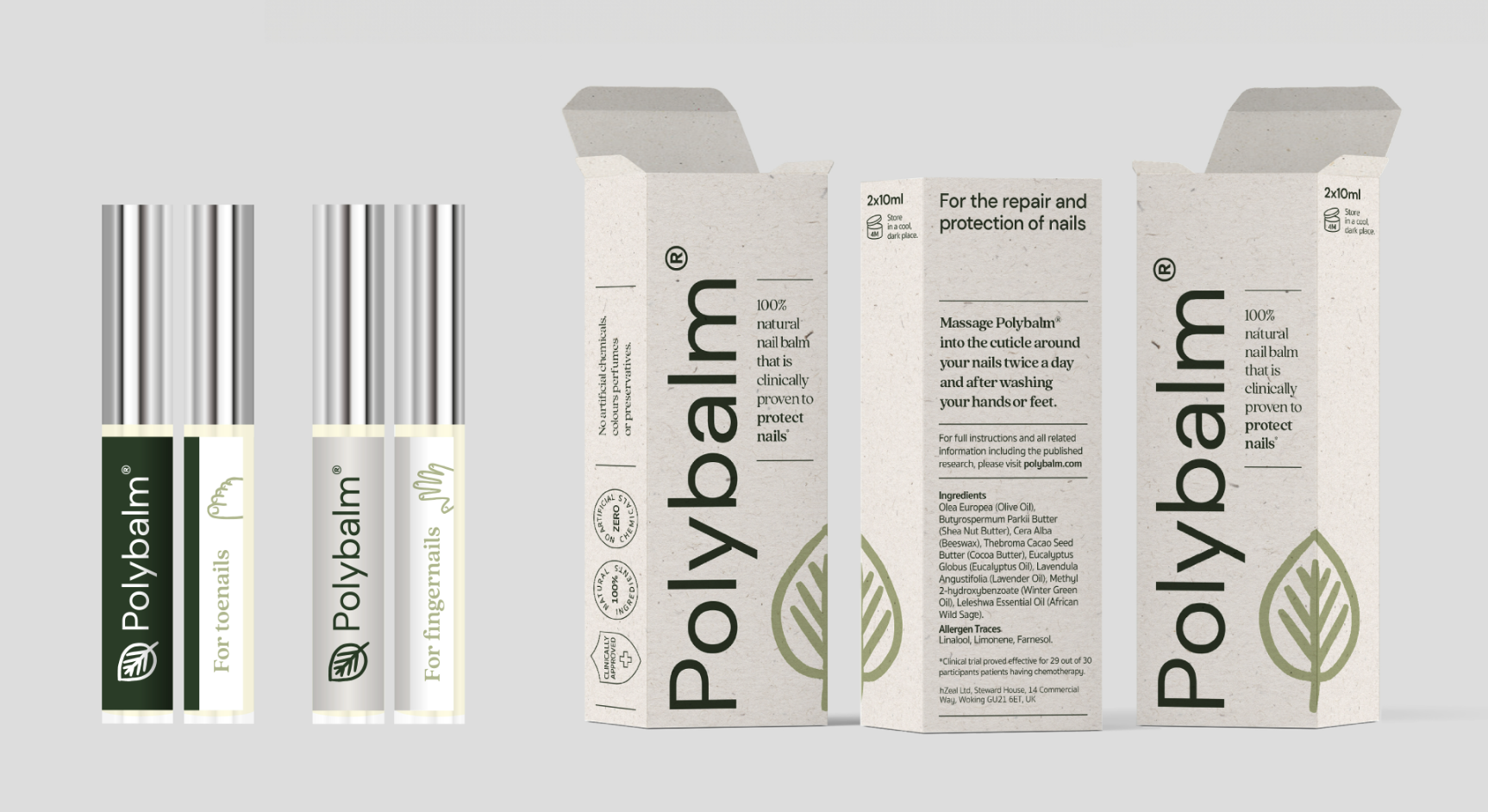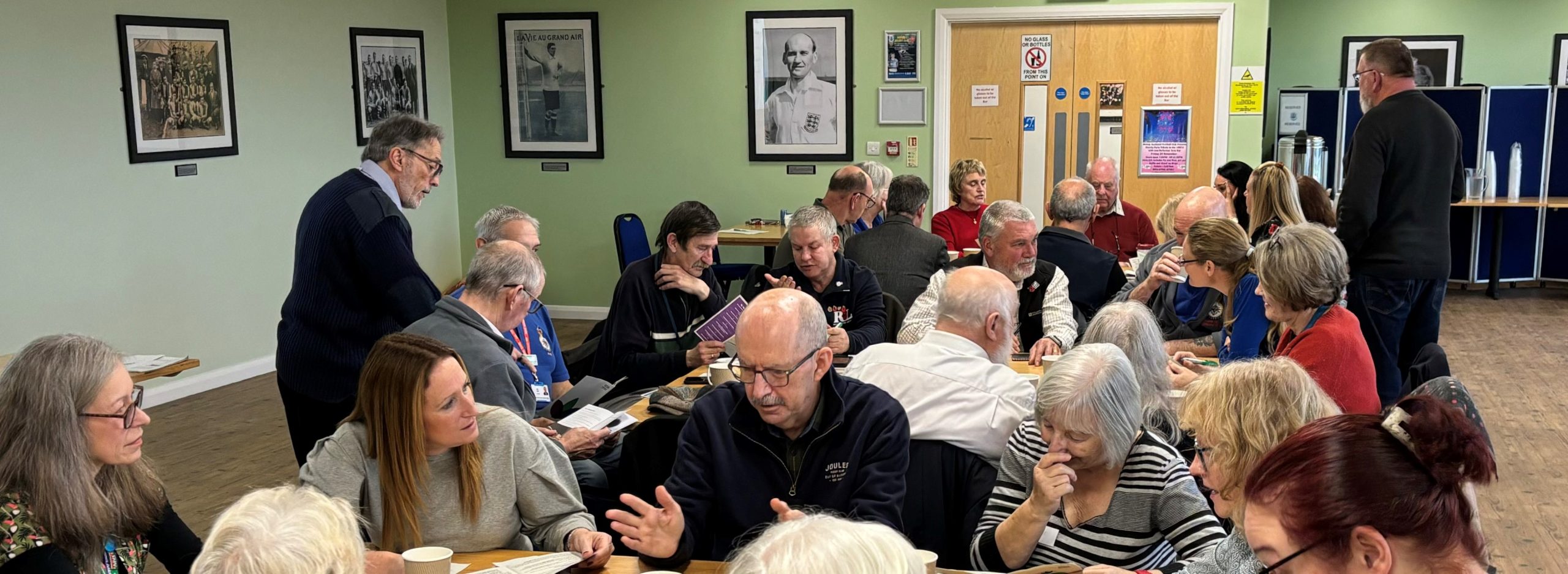
Cancer: A Carer’s Perspective
05 June 2020 — david-allen
Caring for a loved one who has been diagnosed with cancer is something that many people across the UK take on on a daily basis. Whilst it’s done so willingly, the role of carer can come with its own struggles as well as rewards. Ahead of Carer’s Week 2020, We spoke to Angela, a Citizen Ambassador for Cancer at Healthwatch Surrey, who became a carer for her husband in 2010, when he was diagnosed with renal cancer.
“I didn’t consider myself his carer initially as he didn’t need any caring! His first words to me after the diagnosis were, “You don’t need this”.
Of course, I reassured him we were in this, whatever that may be, together… But how was I to know that his journey was going to be difficult and fraught at times for me.
Feeling ‘guilty’ as a partner, friend, supporter, carer of someone with cancer, seems ridiculous, but you do feel guilty – you’re ok, they’re the ones who have the battle ahead.
I didn’t convey my concerns to him, I was more concerned about his feelings. They were far more important. He had to have the drugs, suffer the side effects, the operations, needles and blood tests (he hated those).
Feeling the need to support him, I kept our life as normal as possible – social events, seeing family, holidays etc and I continued to work.
What I hadn’t expected was my husband’s change, not only physically, but mentally. He wouldn’t talk about his feelings and his personality changed overtime. It became harder for me to cope, so I reduced my hours at work and consulted my GP, who suggested I contact the Butterfly Centre at Epsom Hospital where Theresa offered an hour of her time to listen to me. I felt so much better afterwards and she told me about the massage or reflexology I could have there, as well as my husband. She reminded me I needed to keep well if I wanted to be able to look after him.

After managing to persuade my husband to visit the Butterfly centre too, he also had a long chat with Theresa, plus a massage and reflexology. For a while after that my husband appeared to be more understanding of how his situation might be affecting me.
I also felt I needed advice about the best food/meals to provide to aid his health and wellbeing. We had not been given any information about diet. I asked the consultant if we could have advice and I was given a booklet full of recipes! Nothing different was in it!
I sought support groups, joining the local Topic of Cancer charity group where I met people who were on, or had been on, a cancer journey. Talking to them I learnt a lot, including about foods that help combat side effects of the chemotherapy drugs.
I also found out about the Guildford gym which has sessions for people with cancer and their partners, but I never managed to persuade my husband to attend… He always said he didn’t need exercise! I had to find information about exercising on the web for him to read, but it was not for him.
My husband had only one Health Needs Assessment and I only know that because I asked his Special Clinical Nurse. He was not aware he’d had one. I suggested to the SCN that the next time he had one I would like to be present or be informed he’d had one.
On occasions I was asked by palliative nurses if I was ok…. but I was always asked after they had dealt with my husband and it felt like they asked me as an afterthought. I always answered, “I’m fine, thanks”, even when I wasn’t.
At one stage my GP suggested I visited a local group for carers. I went, but it was not for me. The carers that day just happened to be carers of children & adults with disabilities both learning and physical or dementia. There were no carers I could relate to; no one was a carer of someone with cancer.
Since my husband’s cancer journey, I feel it important to say that when someone is given a cancer diagnosis, the person/persons who will be caring and supporting them needs health and wellbeing information as much as the person diagnosed, to keep them at their best physically and mentally.”
Latest Articles
See all Articles
11 August 2025 — Jessica Bailey
Nail Damage During Cancer Treatment: Why It Happens and What You Can Do | Guest Blog by Polybalm®This week’s guest blog takes a look at why nail damage can happen during cancer treatment, what it can feel like, why nails are more important than we might realise, and what you can do to help improve your nail health. This article was put together by Jonathan Slobom at Polybalm® – a natural nail […]

01 August 2025 — Jessica Bailey
Bridging the Gap: Supporting Veterans in County Durham and Darlington with Cancer Information and Support | Guest BlogIn this guest blog post, we hear from the County Durham and Darlington Veterans’ Project as they share how they are supporting veterans with cancer information and support, while working to remove the barriers veterans often face when accessing health and wellbeing services. “In County Durham and Darlington, the percentage of people who have […]
